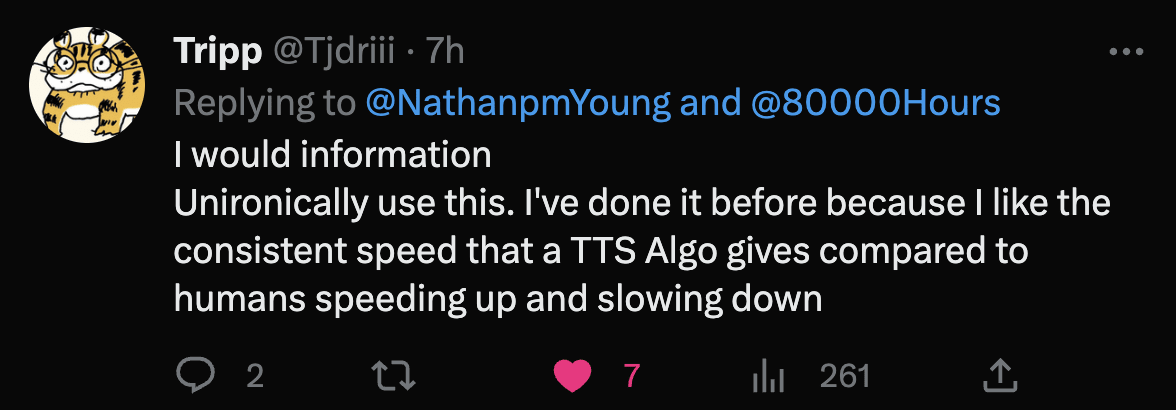For immediate release: April 1, 2025
OXFORD, UK — The Centre for Effective Altruism (CEA) announced today that it will no longer identify as an "Effective Altruism" organization.
"After careful consideration, we've determined that the most effective way to have a positive impact is to deny any association with Effective Altruism," said a CEA spokesperson. "Our mission remains unchanged: to use reason and evidence to do the most good. Which coincidentally was the definition of EA."
The announcement mirrors a pattern of other organizations that have grown with EA support and frameworks and eventually distanced themselves from EA.
CEA's statement clarified that it will continue to use the same methodologies, maintain the same team, and pursue identical goals. "We've found that not being associated with the movement we have spent years building gives us more flexibility to do exactly what we were already doing, just with better PR," the spokesperson explained. "It's like keeping all the benefits of a community while refusing to contribute to its future development or taking responsibility for its challenges. Win-win!"
In a related announcement, CEA revealed plans to rename its annual EA Global conference to "Coincidental Gathering of Like-Minded Individuals Who Mysteriously All Know Each Other But Definitely Aren't Part of Any Specific Movement Conference 2025."
When asked about concerns that this trend might be pulling up the ladder for future projects that also might benefit from the infrastructure of the effective altruist community, the spokesperson adjusted their "I Heart Consequentialism" tie and replied, "Future projects? I'm sorry, but focusing on long-term movement building would be very EA of us, and as we've clearly established, we're not that anymore."
Industry analysts predict that by 2026, the only entities still identifying as "EA" will be three post-rationalist bloggers, a Discord server full of undergraduate philosophy majors, and one person at





When I read your scripts and Rob is interviewing, I like to read Rob’s questions at twice the speed of the interviewees’ responses. Can you accommodate that with your audio version?
Thanks for the suggestion David! We're discussing adding this as a premium feature — perhaps activated only for Giving What We Can members.